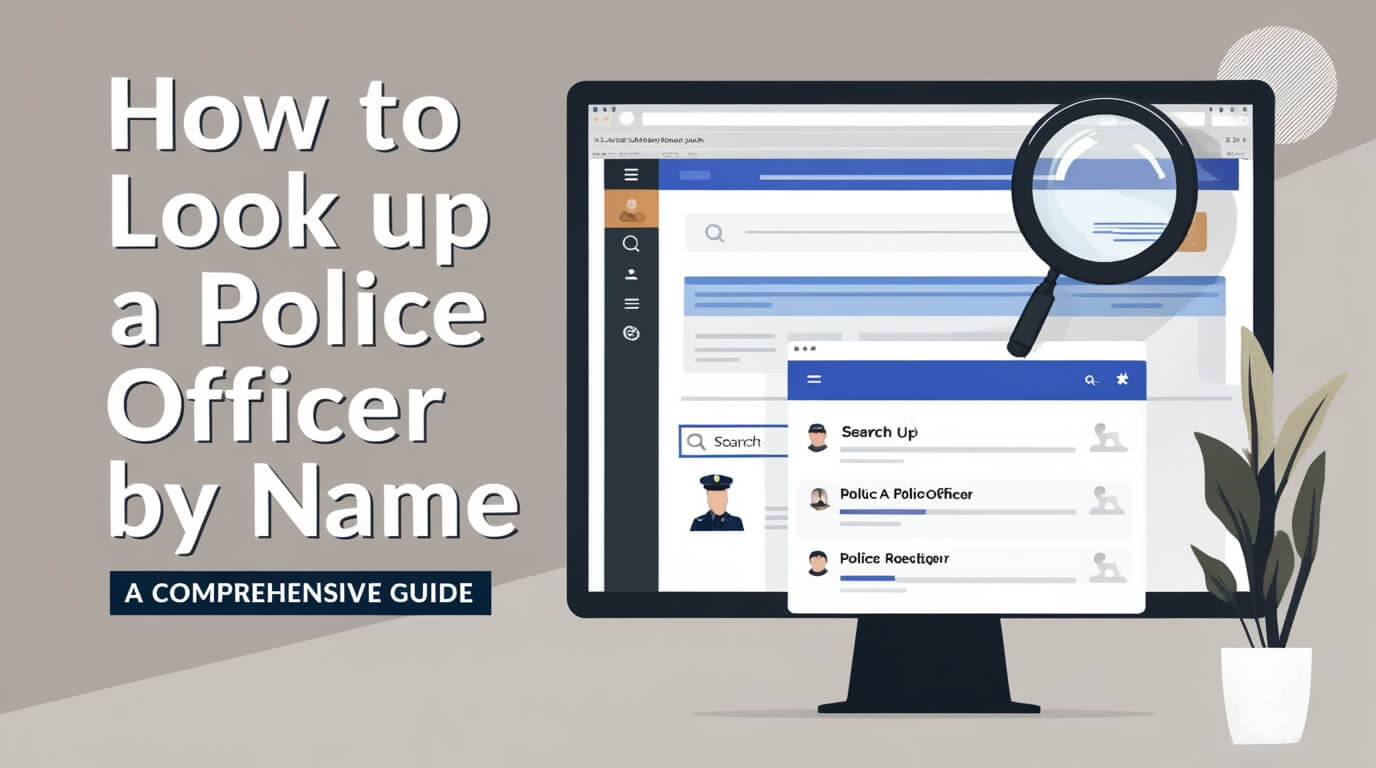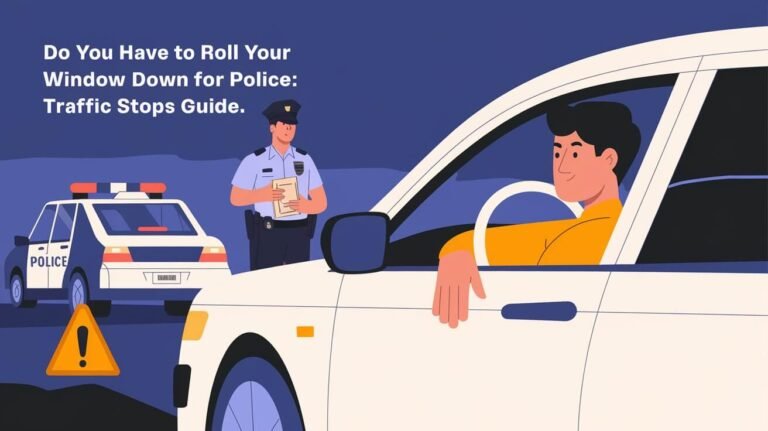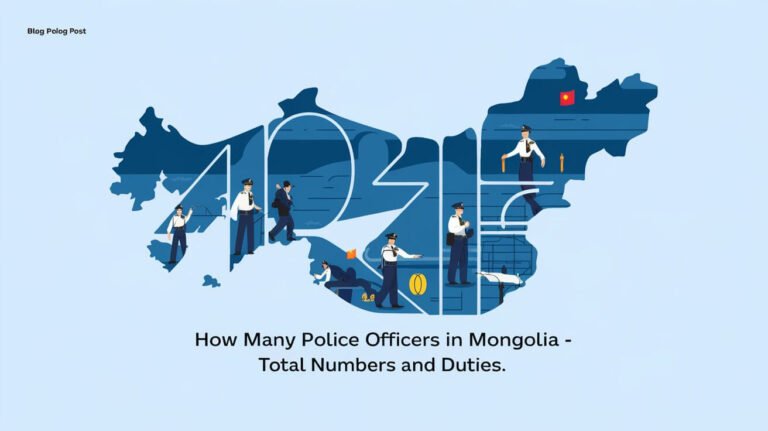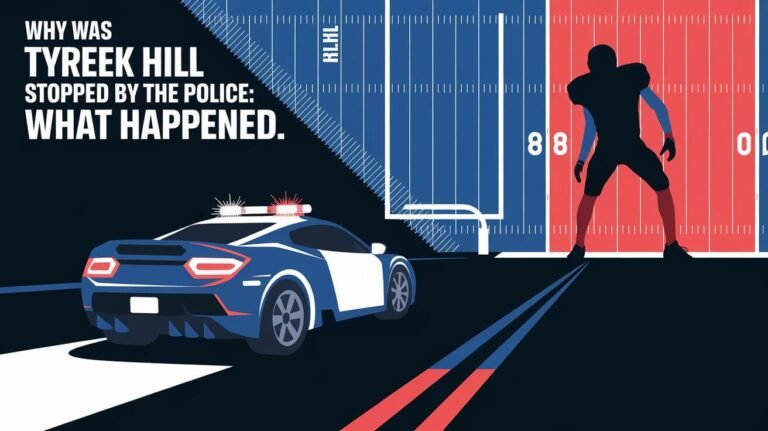How to Look Up a Police Officer by Name: A Comprehensive Guide

Looking up a police officer by name is possible through official websites, public records, and online databases. This guide covers the methods, challenges, and legal considerations involved in finding information about law enforcement officers.
Why You Might Need to Look Up a Police Officer
There are many reasons why you might want to find information about a specific police officer. Maybe you had an interaction with an officer and want to follow up. Or perhaps you’re researching a case and need to verify an officer’s identity. Whatever your reason, it’s important to understand the process and your rights.
Legal and Ethical Considerations
Before you start your search, think about why you’re looking up this information. Make sure your reasons are legal and ethical. Remember, police officers are people too, and they have a right to privacy in their personal lives.
Importance of Accurate Information
Getting the right info is crucial. Mistakes can lead to misunderstandings or even legal trouble. Always double-check your sources and make sure you’re looking up the correct person.
Understanding Police Department Structures
To find an officer, it helps to know how police departments work. Let’s break it down.
Local vs. State vs. Federal Law Enforcement
Police departments exist at different levels:
- Local: City or county police
- State: Highway patrol or state police
- Federal: FBI, DEA, or other national agencies
Each level has its own structure and rules for sharing information.
Police Ranks and Titles
Officers have different ranks, like:
- Patrol Officer
- Sergeant
- Lieutenant
- Captain
- Chief
Knowing an officer’s rank can help you find the right person and understand their role.
Methods for Looking Up a Police Officer by Name
Now, let’s dive into how you can actually find information about a police officer.
Using Official Police Department Websites
Many police departments have websites with staff directories. This is often the easiest way to look up an officer by name. Here’s what to do:
- Find the official website for the department
- Look for a “Staff” or “Directory” section
- Search for the officer’s name
Some sites might need you to fill out a form or send an email to get info.
Public Records and Freedom of Information Act (FOIA) Requests
If you can’t find what you need on the website, you might have to ask for public records. The Freedom of Information Act (FOIA) gives you the right to request certain government records. Here’s how:
- Write a letter or email to the police department
- Clearly state what information you’re looking for
- Mention that it’s a FOIA request
- Be patient – it can take time to get a response
Online Databases and Search Tools
There are websites that collect public info about police officers. Some popular ones are:
- PoliceOne
- Officer.com
- Local newspaper databases
Be careful with these sites. They might not always have up-to-date or accurate info.
Social Media Platforms
Some officers have public social media profiles. You might find them on:
Remember to respect their privacy and use this info responsibly.
Local Government Resources
City halls or county offices might have records about police officers. You can:
- Visit in person
- Call their office
- Check their website
They might charge a small fee for copies of records.
Step-by-Step Guide: How to Look Up a Police Officer by Name
Let’s walk through the process of finding info about an officer.
Gathering Necessary Information
Before you start, collect as much info as you can:
- Officer’s full name
- Badge number (if you know it)
- Department they work for
- Date of any interaction you had
The more details you have, the easier your search will be.
Choosing the Right Method
Pick the best way to search based on what you know:
- If you have the full name and department, try the official website first
- For older records, a FOIA request might work better
- If you’re not sure of the details, start with online databases
Submitting Requests or Using Search Tools
Once you’ve chosen your method:
- Follow the steps for that specific method
- Be clear and polite in your requests
- Provide all the info you have
- Follow up if you don’t hear back
Interpreting the Results
When you get information:
- Check that it matches the officer you’re looking for
- Look for relevant details like rank or assignment
- Note any gaps in the information
- Consider if you need to follow up for more details
Challenges in Looking Up Police Officers
Finding info about police officers isn’t always easy. Here are some hurdles you might face.
Privacy Protections for Law Enforcement
Police officers have some special privacy protections. This means:
- Some personal info might be hidden
- You might not be able to get home addresses or phone numbers
- Recent assignments might be confidential
Incomplete or Outdated Information
The info you find might not be current. Officers change roles, move departments, or retire. Always check the date on any information you find.
Name Similarities and Spelling Variations
Common names can cause mix-ups. Make sure you’ve got the right person by checking:
- Middle names or initials
- Badge numbers
- Dates of service
Also, watch out for different spellings of names.
Alternatives to Name-Based Searches
If you’re having trouble finding an officer by name, try these other methods.
Badge Number Lookups
If you have the officer’s badge number, you might be able to look them up that way. Some departments have online tools for this.
Incident Report Searches
If you’re looking up an officer because of a specific event, try searching for the incident report. It should list the officers involved.
Witness Statements and Bodycam Footage
For recent incidents, you might be able to request:
- Witness statements
- Bodycam footage
- Dashcam video
These can help identify officers at the scene.
What Information Can You Typically Find?
When you successfully look up a police officer, here’s what you might learn.
Basic Identifying Information
You’ll usually be able to find:
- Full name
- Rank
- Badge number
- Department
Professional History and Assignments
Some records might show:
- Years of service
- Past assignments
- Promotions
Commendations and Disciplinary Records
In some cases, you might find:
- Awards or commendations
- Records of disciplinary actions
But remember, these records aren’t always public.
Legal Rights and Limitations
It’s important to understand your rights when looking up police officers.
Public’s Right to Know
The public has a right to certain information about public employees, including police officers. This is part of government transparency.
Officer Privacy and Safety Concerns
But this right is balanced against the need to protect officers. Some info is kept private for their safety.
Restrictions on Using Obtained Information
There are rules about how you can use the info you find. For example, you can’t use it to harass or threaten an officer.
Tips for Successful Police Officer Lookups
Here are some tips to help your search go smoothly.
Be Specific and Accurate
The more exact you can be, the better. Double-check spellings and details before you search.
Understand Jurisdictional Boundaries
Make sure you’re looking in the right place. An officer in one city won’t be in the records for a different city’s police department.
Follow Proper Procedures and Etiquette
Be polite and professional in your requests. Follow the rules each department or website has for lookups.
When to Seek Professional Help
Sometimes, you might need extra help with your search.
Legal Assistance for Complex Situations
If you’re looking up an officer for a legal case, consider talking to a lawyer. They can help you navigate the process and understand the implications.
Private Investigators and Their Role
For tough searches, a private investigator might be able to help. They have experience finding hard-to-get info.
Staying Informed: Ongoing Police Transparency Efforts
Police departments are working to be more open with the public. Here are some trends to watch.
Body Camera Initiatives
Many departments now use body cameras. This can make it easier to identify officers involved in specific incidents.
Open Data Portals
Some cities have online portals with lots of police data. These can be great resources for looking up officers.
Community Policing Programs
These programs aim to build trust between police and communities. They often involve more interaction with named officers.
Conclusion: Balancing Transparency and Privacy in Police Lookups
Looking up a police officer by name is possible, but it requires care and respect for privacy. Use the methods we’ve discussed, be patient, and always double-check your information. Remember, the goal is to promote accountability while respecting the important work police officers do.
By following this guide, you’ll be better equipped to find the information you need about police officers. Whether you’re following up on an interaction, doing research, or just curious, approach your search with respect and care for everyone involved.






